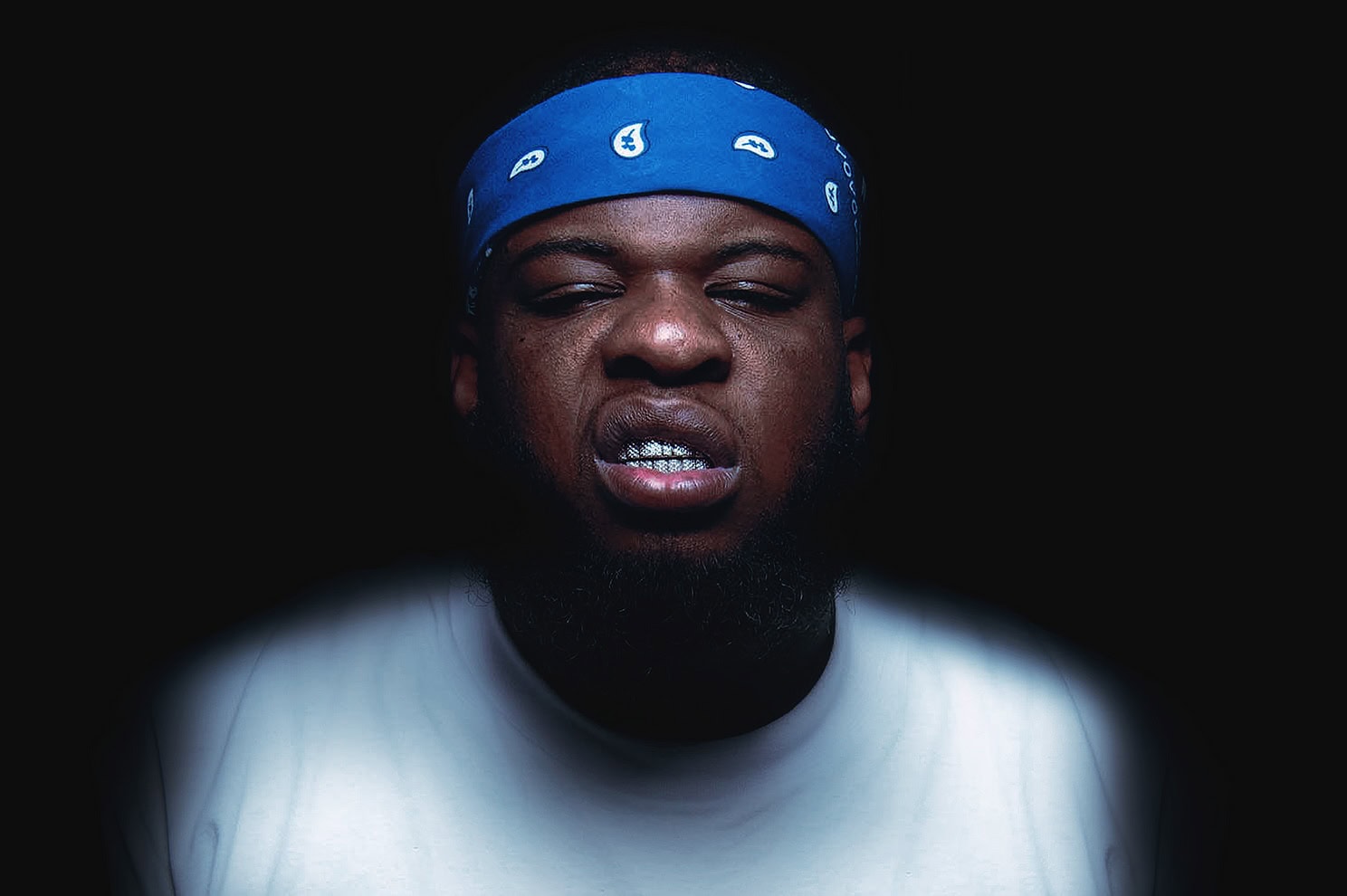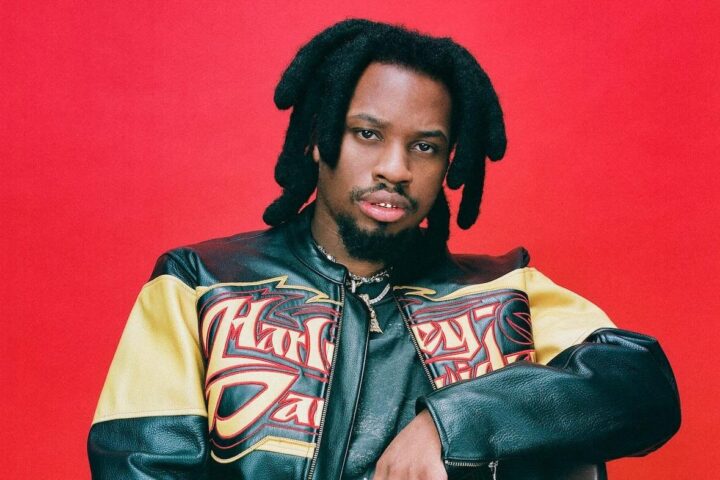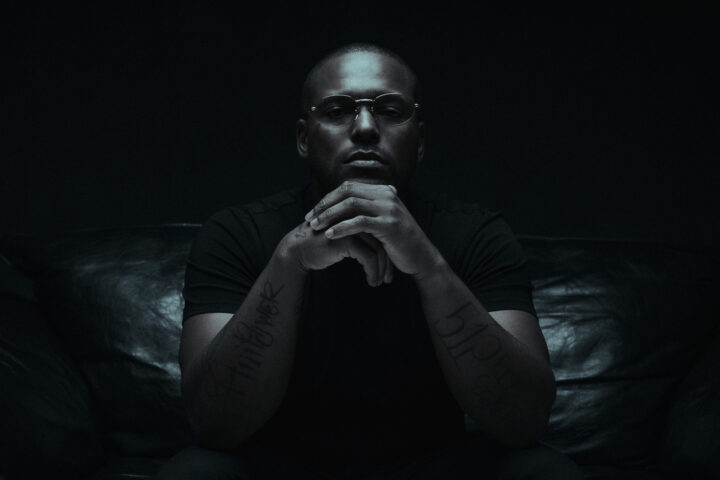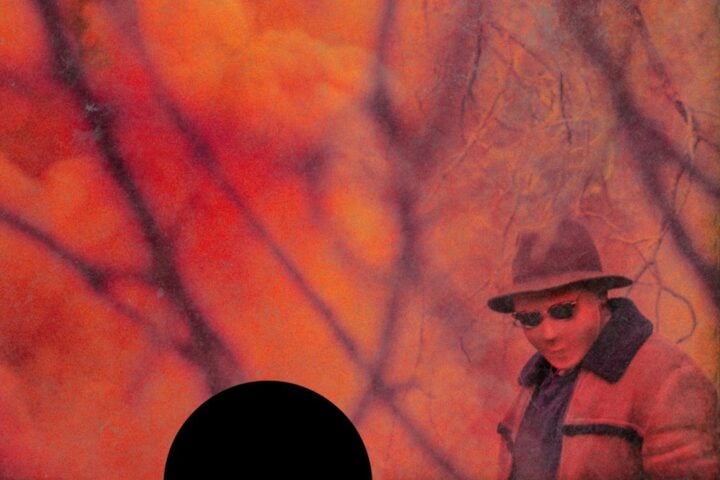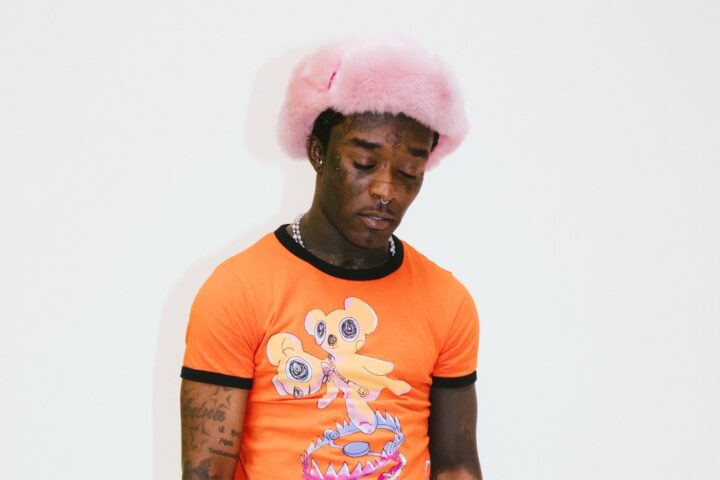By his own account, Houston rapper Maxo Kream, like Vince Staples, spent his childhood largely on the streets. Both artists’ memories are marked by traumatizing gang violence that, in Maxo’s case, reached as close as his immediate family. On a thematic level, this can be limiting: While their haunted pasts rightfully take up a great deal of their mental bandwidth, the continual focus on the subject matter in their music has become repetitive.
Violence seems to have numbed Maxo. He no longer describes it with a kind of sick glee, but he doesn’t thoughtfully excavate its toll either. His delivery is despondent throughout his fourth studio album, Personification. In fact, he sounds almost bored on tracks like “Smokey” and “Drizzy Draco.” The latter is such a retread of what he’s done before that he didn’t even bother coming up with a new title, reusing the name of a superior song from 2019’s Brandon Banks.
When Maxo does attempt to question his mental state, as on “Walk by Faith,” he doesn’t go very deep: “Switched out some Bibles for some rifles/Ain’t talked to God in a while,” he raps before using the myth of Adam and Eve to take a dig at women. His conscience creeps up a bit on “Bibles and Rifles”: “If I wish death on some n*ggas would you forgive me or strike me down?” he asks. But the answer, whatever it is, doesn’t seem to hold much weight, as he spends most of the album reifying his cold-blooded reputation as the “crip John Wick.”
Though bogged down with a listless middle section, Personification does open and close strongly. The second track, “Fashitsho,” displays not only Maxo’s malleable wordplay, moving fluidly from one idea to the next with cheeky homophones as bridges, but also an infectious beat that combines a persistent rattling noise with woodwinds. And the penultimate track, the forward-thinking “Bang the Bus,” is a welcome contrast to much of the rest of the album, with Maxo ditching the gang memories for some light seduction. The MC accesses his softer side thanks in part to Evilgiane, whose cloud-rap production makes it feel like Maxo’s feet never touch the ground.
Elsewhere, on “Talkin in Screw,” the album’s most playful and inventive track, Maxo brings a spitfire energy to match guest That Mexican OT’s blistering verse, as the track hums along to a wavy synth line and builds to a chopped-‘n’-screwed outro that pays homage to fellow Houstonite DJ Screw. Pity, then, that other production choices on the album, such as the looped gospel choir on “Drop Top Impala” and the horror movie-esque keys of “Triggaman,” are so rote.
When he wants to, Maxo can still be engaging and cutting—at one point on Personification, he accuses a rival of having killed more Black people than Ronald Reagan or Hitler—but it feels like Maxo’s trauma has (perhaps understandably) curdled his youthful abandon into bitter distrust. For better and worse, the album is the personification of despair.
Since 2001, we've brought you uncompromising, candid takes on the world of film, music, television, video games, theater, and more. Independently owned and operated publications like Slant have been hit hard in recent years, but we’re committed to keeping our content free and accessible—meaning no paywalls or fees.
If you like what we do, please consider subscribing to our Patreon or making a donation.

